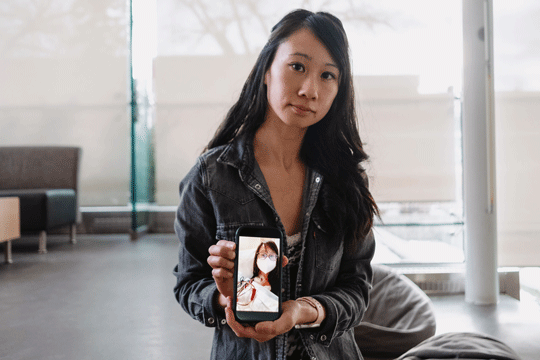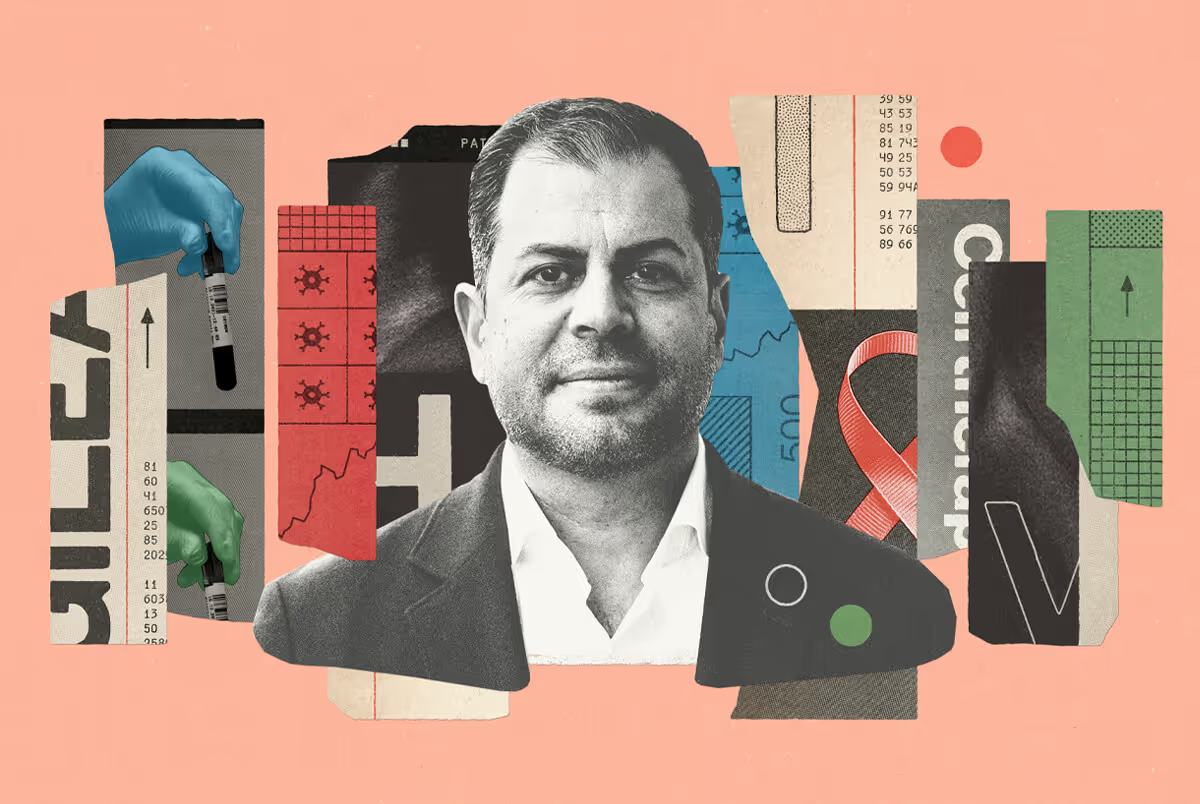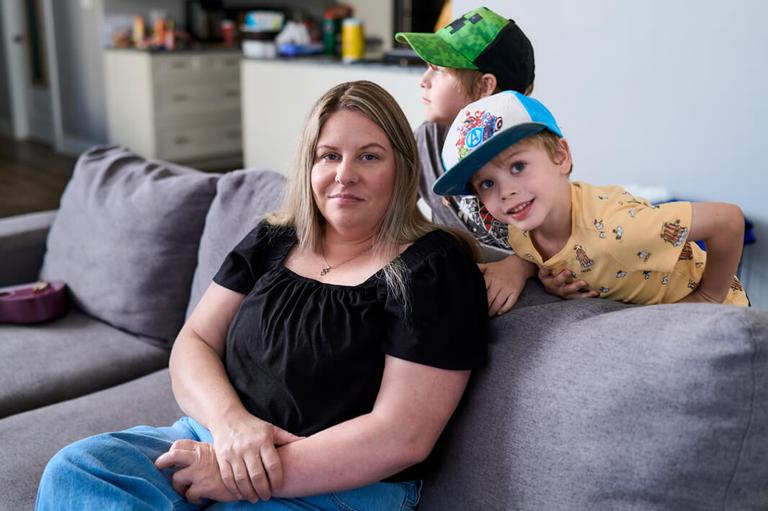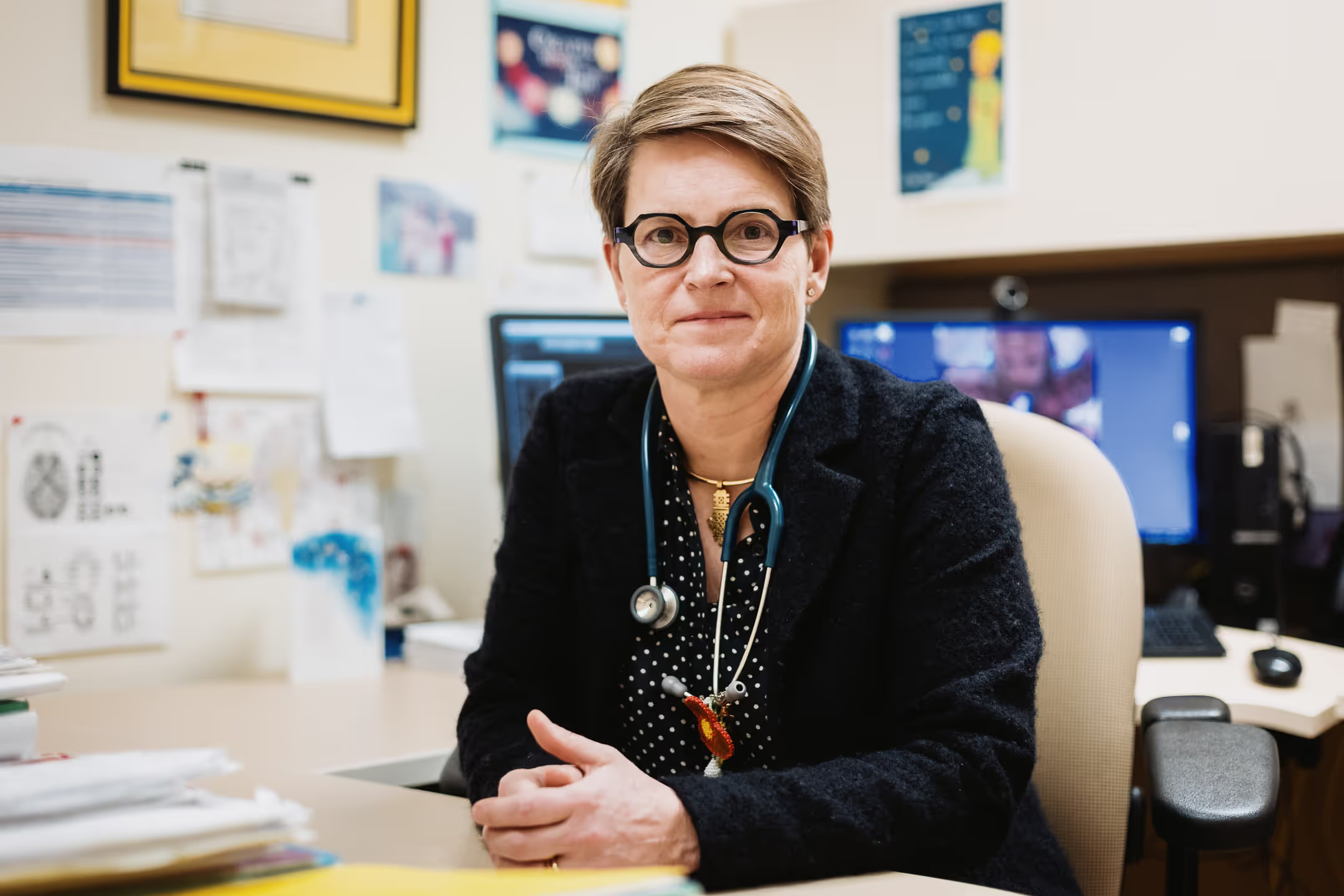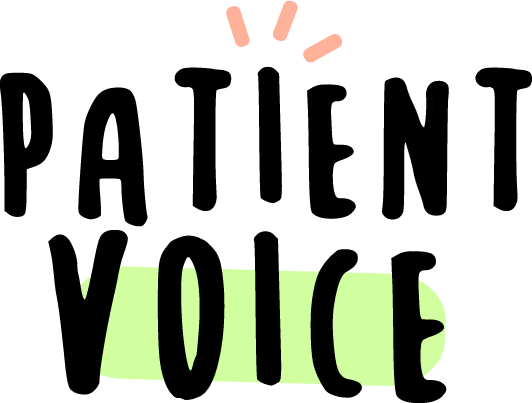Olivia's story was included in Canada’s Rare Voices 2023.
“I’m only 26 years old and I’ve been dealing with bone marrow disease for over 12 years. It started with aplastic anemia, so my bone marrow just wasn’t producing enough blood cells. It was extremely difficult as a 14-year-old to deal with the physicality of being so extremely tired from low hemoglobin levels. But even more challenging than that was the mental burden, coming to grips with what having a chronic illness would mean for my future.
I’ve been dancing since I was three years old — it’s when I’m the happiest. I thought dancing was my future. But suddenly, there was all this uncertainty about what I would be able to do. I was absolutely crushed. All I wanted was to have a healthy life, to dance, and to have the carefree high school experience that everyone else seemed to have. Instead, I was forced to grow up really quickly.
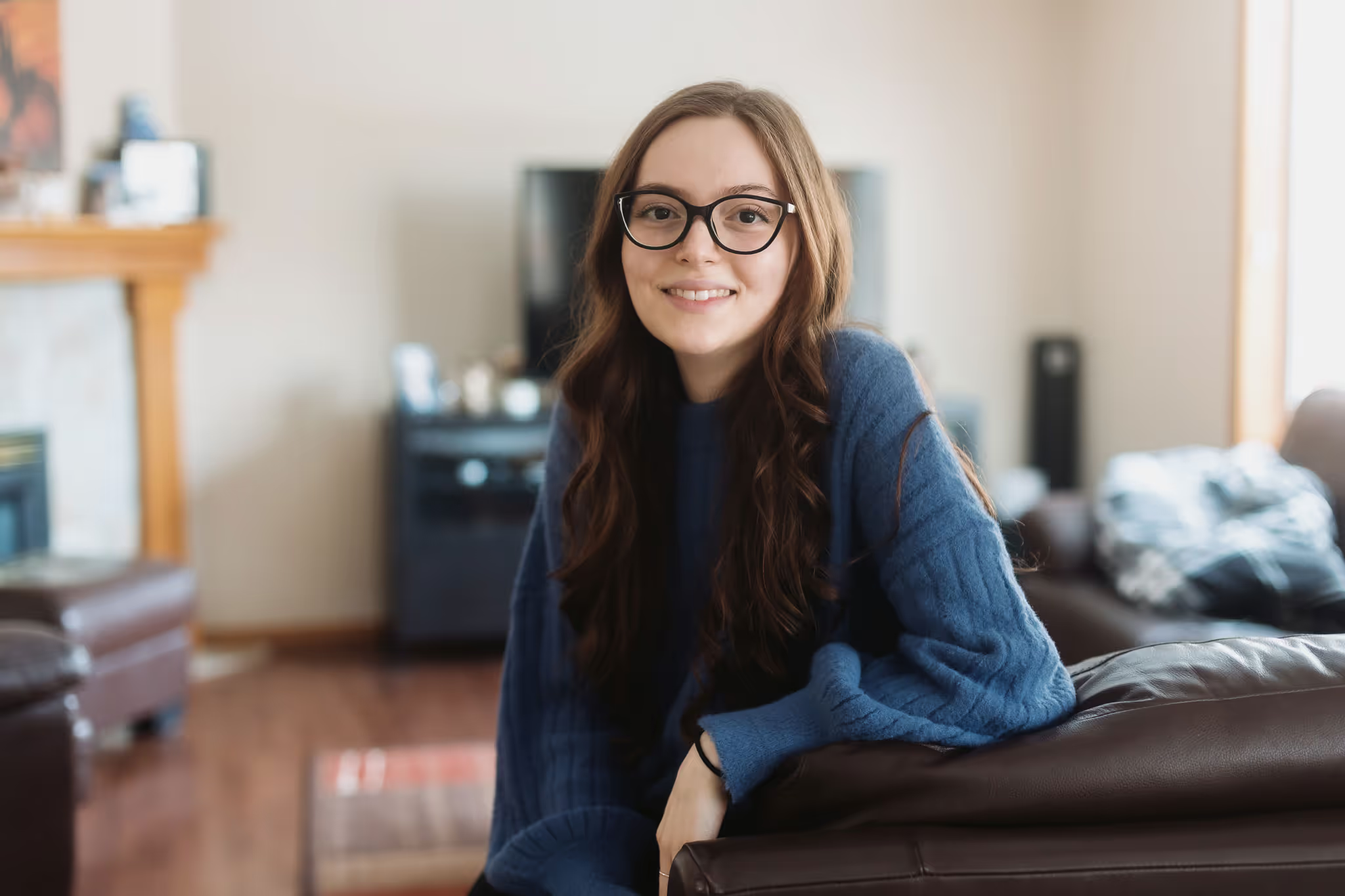
I missed a lot of school during my two rounds of treatment for aplastic anemia. Then there was a period of remission where my blood counts were doing okay. For a while, I was able to dance and salvage a little bit of normalcy. But when I was 18, my counts began to drop again, and I could tell a relapse was around the corner.
I knew that the next step would be a bone marrow transplant, which was kind of terrifying. We found a match, and I met with a transplant doctor. My hematologist decided to do one last Hail Mary and ran a bunch of tests before everything got started. That’s when I found out I also had paroxysmal nocturnal hemoglobinuria (PNH). So in addition to the aplastic anemia that had been preventing my bone marrow from making cells, I also had to contend with a rare and debilitating disease that was causing my body to kill off the healthy cells that were finally being produced. The end result was the same — my hemoglobin count was plummeting.
“All I wanted was to have a healthy life, to dance, and to have the carefree high school experience that everyone else seemed to have.”
At one point, I was onstage at a dance competition in Edmonton and my count dropped lower than it ever had before. My head was throbbing, my heart was beating so fast, and I was only able to stay on my feet through the sheer power of adrenaline. Looking back, I have no idea how I survived that weekend.
I ended up needing monthly blood transfusions, which was absolutely exhausting. My veins are fragile and I bruise easily, so just getting the IVs was stressful on its own. Even with the transfusions, I never really got close to a normal level of hemoglobin. I would get one good week, then a couple of okay weeks, and by the end of the month I’d be running on fumes and would just have to suffer until my next transfusion.

So, when I finally found a treatment that worked for me, it was a game-changer. My life had been a physical and emotional rollercoaster — I had been in the prime of my life but always uncertain when the next big drop was going to come. Once I was finally able to access effective treatment, I could hope again. It’s liberating to be able to think about the future without tunnel vision — always needing to consider how my disease will impact everything I want to do.
I’m extremely grateful, but at the same time my experience has made it clear to me how important it is to fight for all Canadian patients to have equal access. Not every treatment works for everyone, and it breaks my heart to think about someone else out there losing precious years of their life to this disease because they haven’t found, or can’t get access to, the treatment that may help them.”
{{CTA}}




